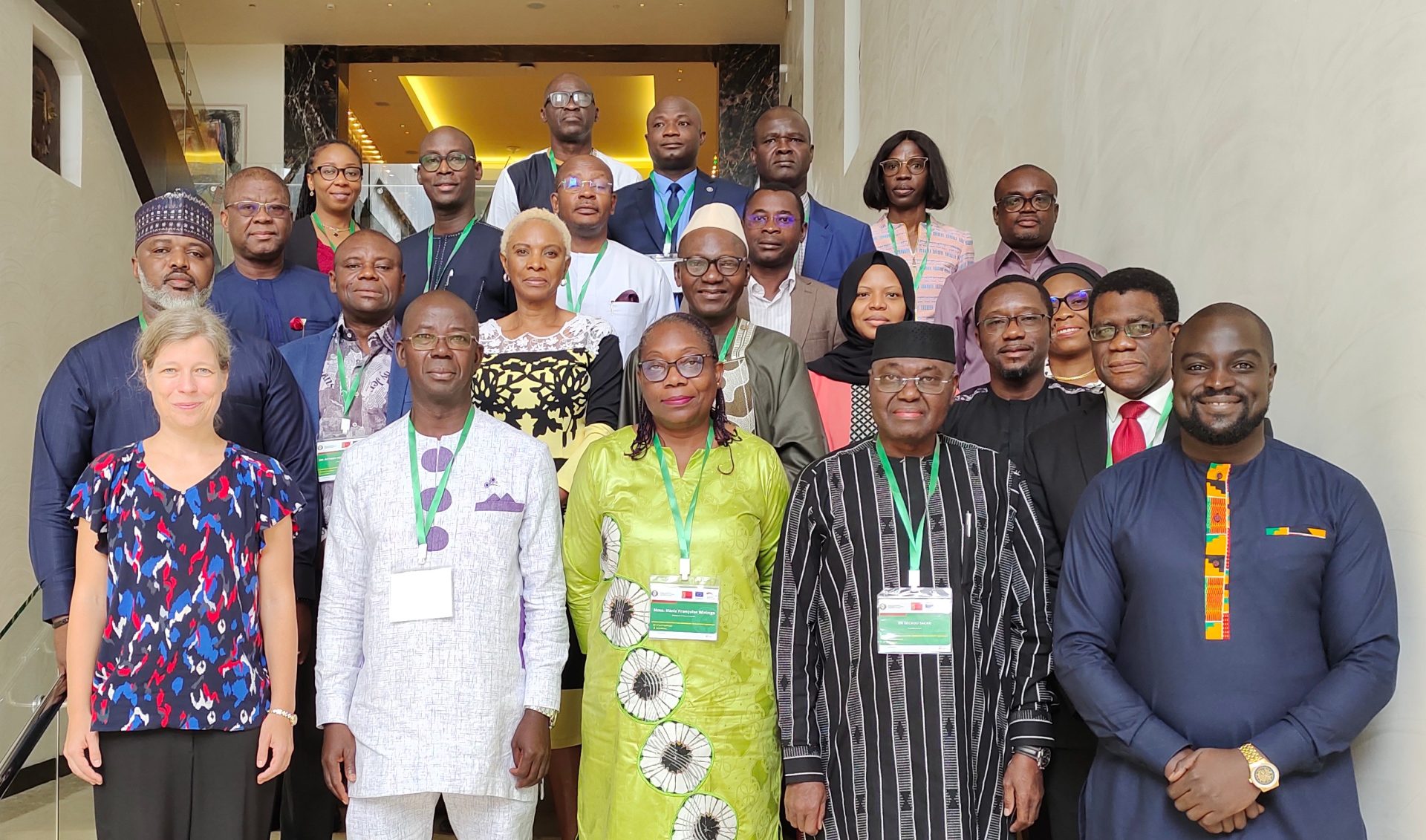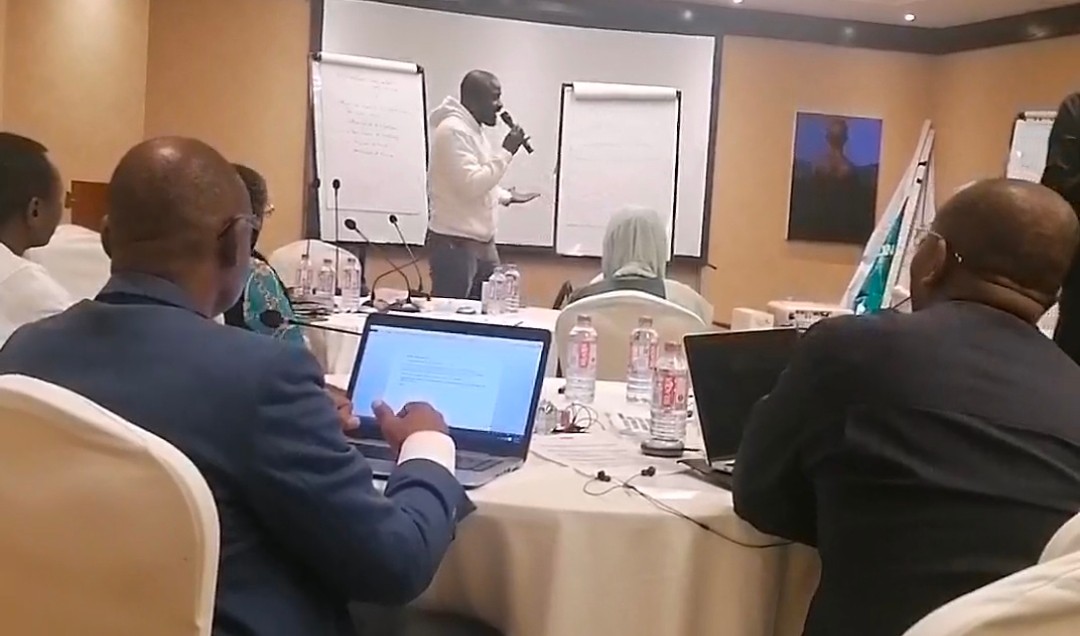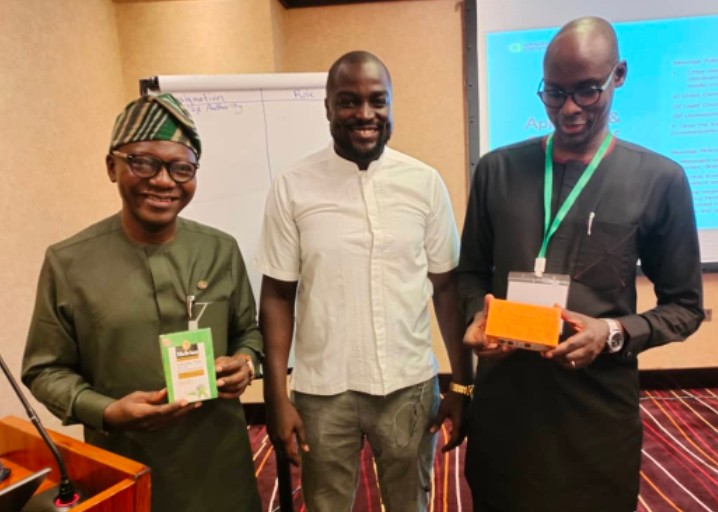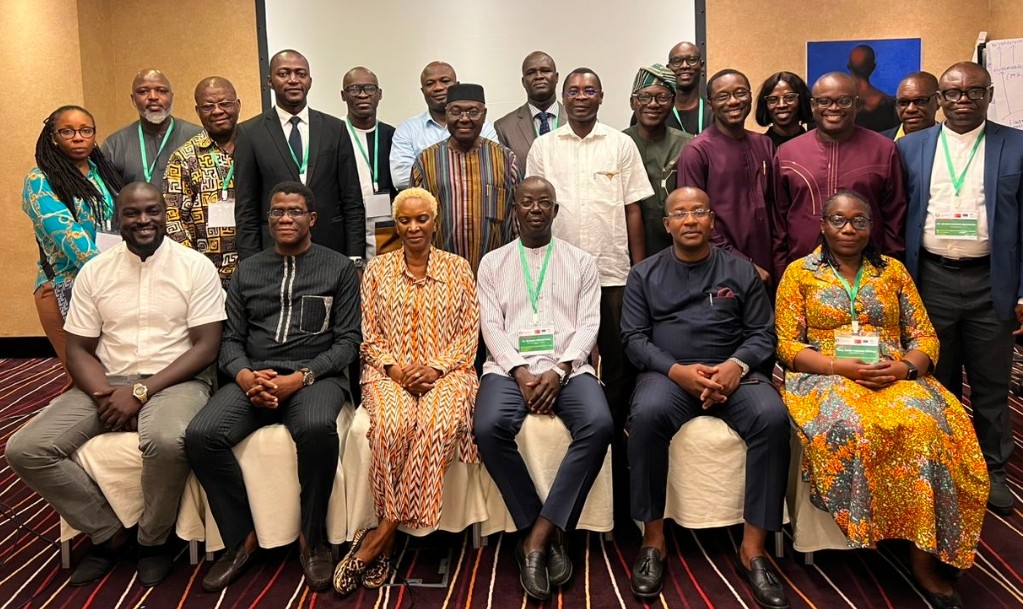ECOWAS Moves for the Development of Crisis Communication Framework
07 Apr, 2023The ECOWAS Commission has initiated the process of developing a crisis Communication Framework in order to improve the response mechanism it deploys during emergency or crisis situations.
To this end, a three-Day Workshop on Crisis Communication Framework Development which ended on the 5th of April, 2023 in Accra, Ghana availed participants with workable templates and training modules while using applicable scenarios of the crisis cycle to chart a problem-solving, consistent and predictable crisis communication response way forward.
Speaking during the Workshop, the ECOWAS Commission’s Director, Peacekeeping and Regional Security (DPKRS) Dr. Cyriaque Agnekethom admitted the prevalence of a crisis management gap which needed to be urgently filled. Citing the political situations in Mali, Burkina Faso and Guinea as reference points, he said the regional community would benefit from a coordinated and systematically implemented, clearly cut out crisis communication strategy which serves to advance the cause of the well thought decisions of the ECOWAS hierarchy.
“There has been crisis management gap which we need to fill. So there is need to think through seriously and see our limits and come up with solutions as the image of the community is at stake. In many cases, solutions are worked out on emerging issues but the way they are communicated shows a lot of limitation…These three days brainstorm will lead to the emergence of a draft framework which will be of help to us in the future” Dr. Agnekethom added.
Also addressing the participants, Teresa Krafft, the chief of the Deutsche Gesellschaft für Internationale Zusammenarbeit (GIZ) and representative of the ECOWAS Peace and Security Architecture and Operations Project EPSAO, corroborated the submission of the initiators of the workshop that the decisions of ECOWAS in crisis have not been well enough understood by citizens of the region and beyond.
She however enthused that the Crisis Communication plan being developed will prepare the staff for emergencies and future uncertainties, just as it would have clear guidelines on how to effectively communicate to various stakeholders in the event of a crisis.
Facilitated by the consultant, Mr. Jacob Ouma, of the Admedia Communications, the workshop featured presentations and exchanges on best practices in setting up a Crisis Communication Team (CCT), messaging, assessment of crisis communication level, enlisting crisis situation scenarios, development of information flow hierarchy, and media monitoring which among others, would enable better crisis anticipation and the deployment of robust communication response. The findings from the pre-workshop surveys were also used to further understand the ECOWAS organogramme, mandate and responsibilities of communication decision – making processes.
Organized by the ECOWAS Commission’s Departement of Political Affairs, Peace and Security (PAPS) in conjunction with the GIZ and co-funded by the Danish International Development Cooperation Agency (DANIDA), the Workshop was attended by relevant staff of the ECOWAS Commission, Institutions and Permanent Representations.




















